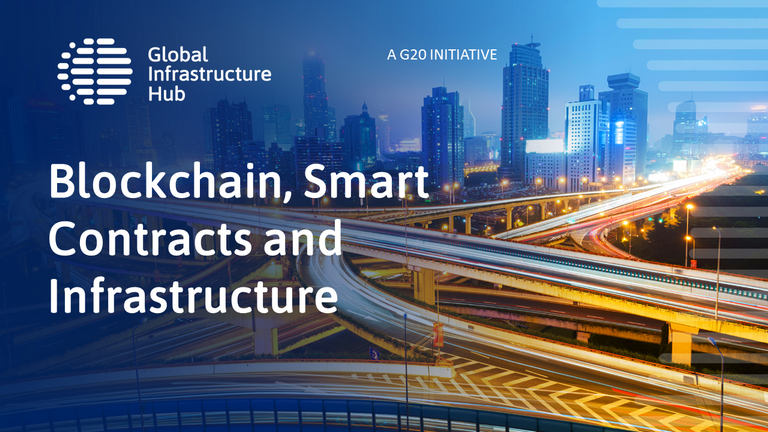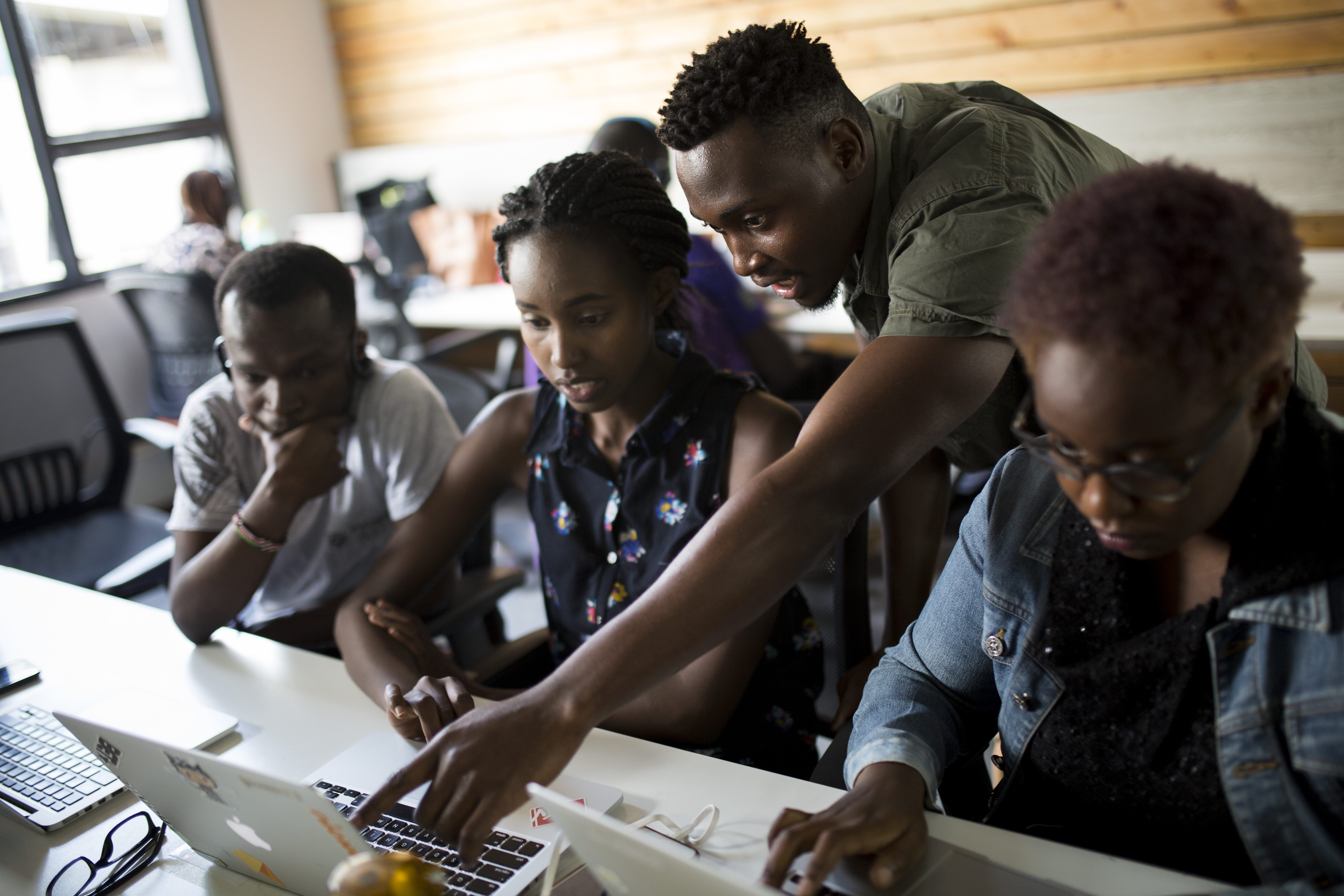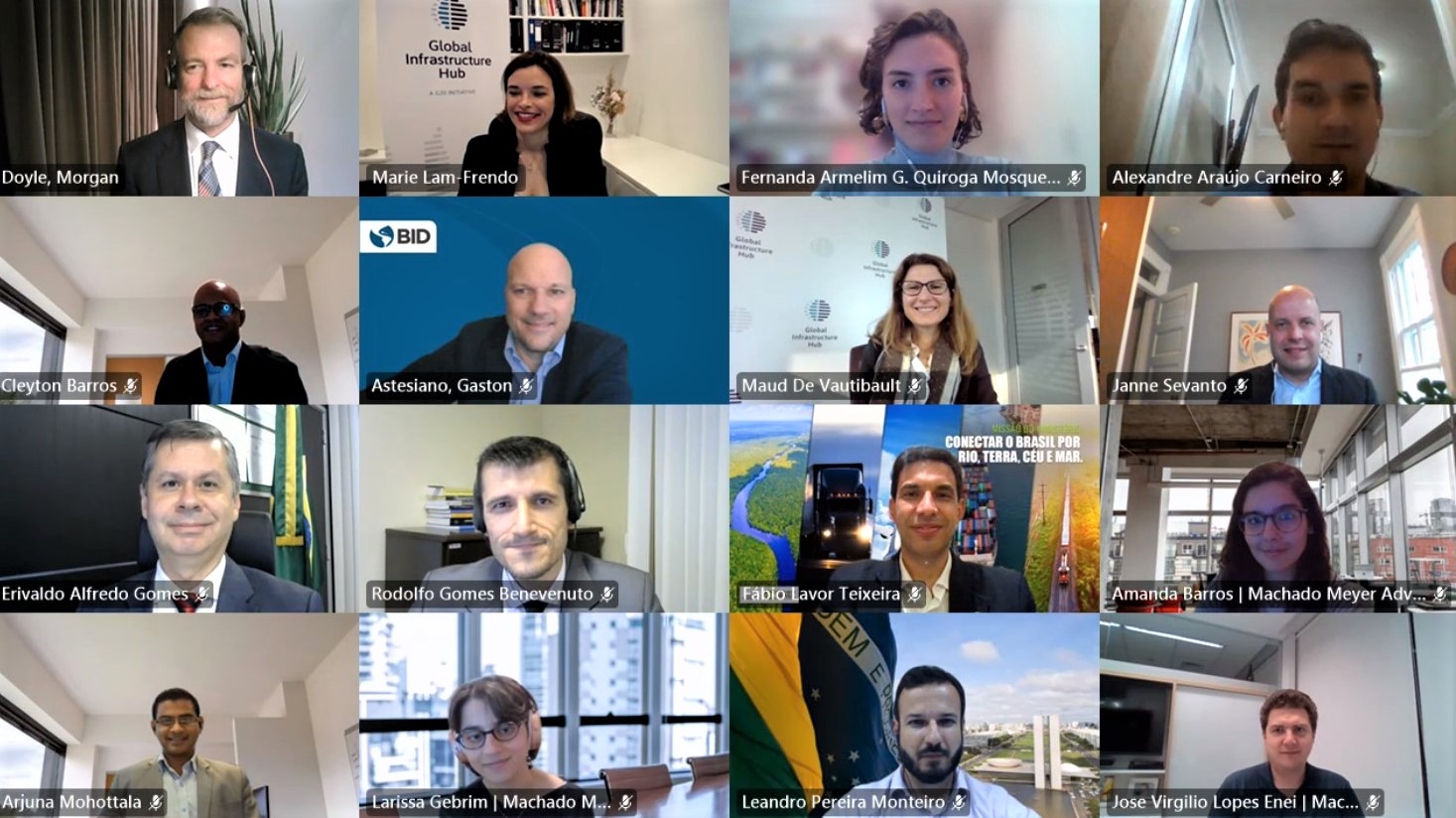1740 results found
Featured results



More results
The New Climate Economy explores how countries at all levels of income can have better economic growth and a better climate.

The current energy crisis underscores the urgency to scale up green infrastructure investment.
This publication establishes the building blocks to enable Bhutan to achieve its vision for transport. The vision is ambitious and reflects the changing socioeconomic development of the country.

The total project cost is approximately USD 750 million
China Eximbank actively uses the People’s Bank of China’s facilities of carbon emissions to promote green and low-carbon development.
Birkdale is a coastal locality in the City of Redland, Queensland Australia. Jacobs was engaged by Redland City Council to provide social impact and social value measures for input into the Master Plan for the 62-hectare Birkdale Community Precinct.
Achieving the United Nations Sustainable Development Goals will require massive investment in developing countries. Blended finance, which combines concessional public funds with commercial funds, can be a powerful means to direct more commercial finance toward impactful investments that are unable to proceed on strictly commercial terms
One Planet Summit reports on how blended finance can help scale up climate and nature investments.


Focused on the electricity system, BloombergNEF s (BNEF s) New Energy Outlook (NEO) combines the expertise of over 65 market and technology specialists in 12 countries to provide a unique view of how the market will evolve. Each year BNEF makes a number of changes to NEO as they strive to improve the completeness and complexity of their analysis. Click on the link to BNEF s website to see the 10 key findings.


GI Hub held the third of its 2017 Regional PPP Risk Allocation Workshops in Bogotá, Colombia, on 9 November 2017, with various public sector representatives from across Central and South America as well as multilateral organisations operating in the region.
A bond issuance anchored by IFC allowed Liquid Intelligent Technologies to expand access to broadband internet and digital and cloud services across Africa.
One of the primary responsibilities of governments the world over is to provide public services to their citizens, including through infrastructure projects. However, governments are often faced with limited resources, constraining their ability to finance and deliver infrastructure on their own. Thus, it is often necessary to invite a private sector party to jointly provide the services in partnership with the public sector.
Government, private sector, multilaterals, and development partners gather in Cape Town as this topic takes center stage globally
This report was produced by an expert panel tasked with independent review of multilateral development banks’ capital adequacy frameworks. This panel was convened by the G20 to provide benchmarks to evaluate MDB capital adequacy frameworks and to enable stakeholders to develop a consistent understanding and consider potential adaptations to maximise MDBs' funding capacity.


Brabo 1 Light Rail is the first PPP project for public transport in Flanders, Belgium. The project was procured by two Procuring Authorities under two separate contracts.


Brazil is positioned to attract more private sector investment into infrastructure and to bring further bankable projects to market following an 18-month engagement program between the Global Infrastructure Hub (GI Hub) and the Brazilian Government.
Brazil's regulatory environment supports the creation of businesses and provides a high level of protection for insolvency. This promotes competition between suppliers which, coupled with a resilient financial sector, helps to attract capital supply for infrastructure projects.




 Regulatory treatment of infrastructure as an asset class
Regulatory treatment of infrastructure as an asset class












